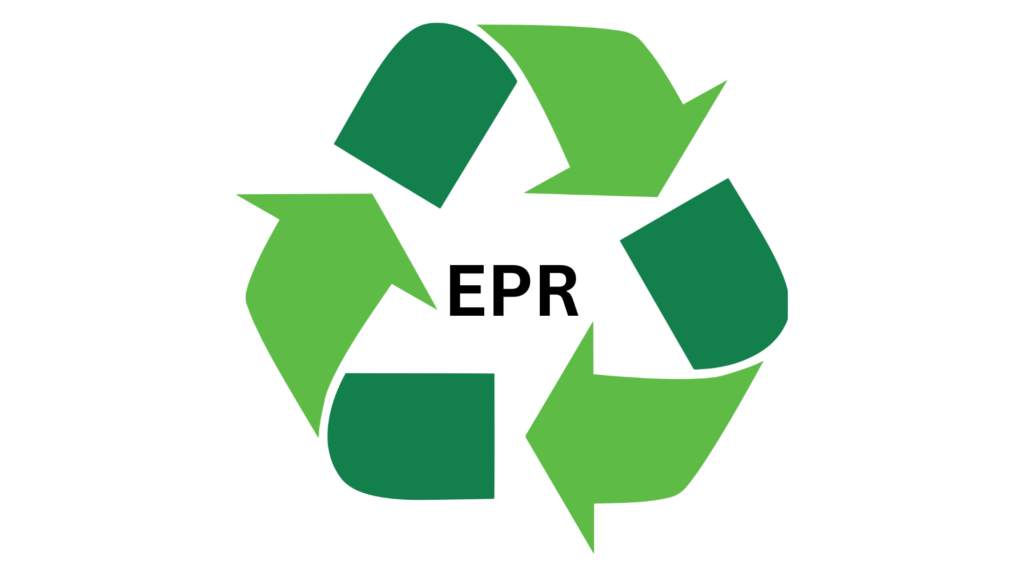
The Extended Producer Responsibility (EPR) compliance process in India varies across states due to differences in regulatory frameworks, enforcement mechanisms, and local waste management practices. Here are some key aspects that highlight how EPR compliance differs among states:
Regulatory Framework
- State-Specific Regulations: Each state in India has the authority to implement its own rules and guidelines concerning EPR compliance. While the central government provides a framework, states can tailor their regulations to address local waste management challenges and environmental concerns.
- Registration and Reporting: The process for EPR registration and annual reporting may differ by state. Some states may require additional documentation or have specific deadlines for compliance, which can complicate the process for producers operating in multiple jurisdictions.
Enforcement Mechanisms
- Varying Levels of Enforcement: The enforcement of EPR regulations can vary significantly from one state to another. Some states may have robust monitoring systems and penalties for non-compliance, while others may lack the resources or infrastructure to enforce regulations effectively.
- Local Authorities: In some states, local municipal bodies play a crucial role in implementing EPR policies. This can lead to inconsistencies in how EPR is enforced, depending on the capacity and commitment of local authorities.
Waste Management Infrastructure
- Infrastructure Availability: The effectiveness of EPR compliance is often linked to the availability of waste management infrastructure, such as recycling facilities and collection systems. States with well-developed infrastructure tend to have more effective EPR compliance processes compared to those with inadequate facilities.
- Public Awareness and Participation: States that have invested in public awareness campaigns and community participation in waste management tend to see better compliance with EPR regulations. Awareness levels can influence how well producers and consumers engage with EPR initiatives.
Challenges Faced by Producers
- Awareness and Understanding: Many producers face challenges due to a lack of awareness regarding EPR regulations. This issue can be more pronounced in states where EPR guidelines are newly implemented or not well publicized.
- Collection Framework: The effectiveness of the collection framework for post-consumer waste can differ across states, impacting the ability of producers to meet their EPR obligations. States with organized collection systems generally facilitate better compliance compared to those where waste collection is sporadic.
Conclusion
The EPR compliance process in India is influenced by a combination of state-specific regulations, enforcement capabilities, waste management infrastructure, and public engagement. Producers must navigate these varying landscapes to ensure compliance with EPR obligations, which can be a complex task, particularly for those operating in multiple states. Understanding these differences is crucial for effective EPR implementation and achieving sustainability goals across the country.
